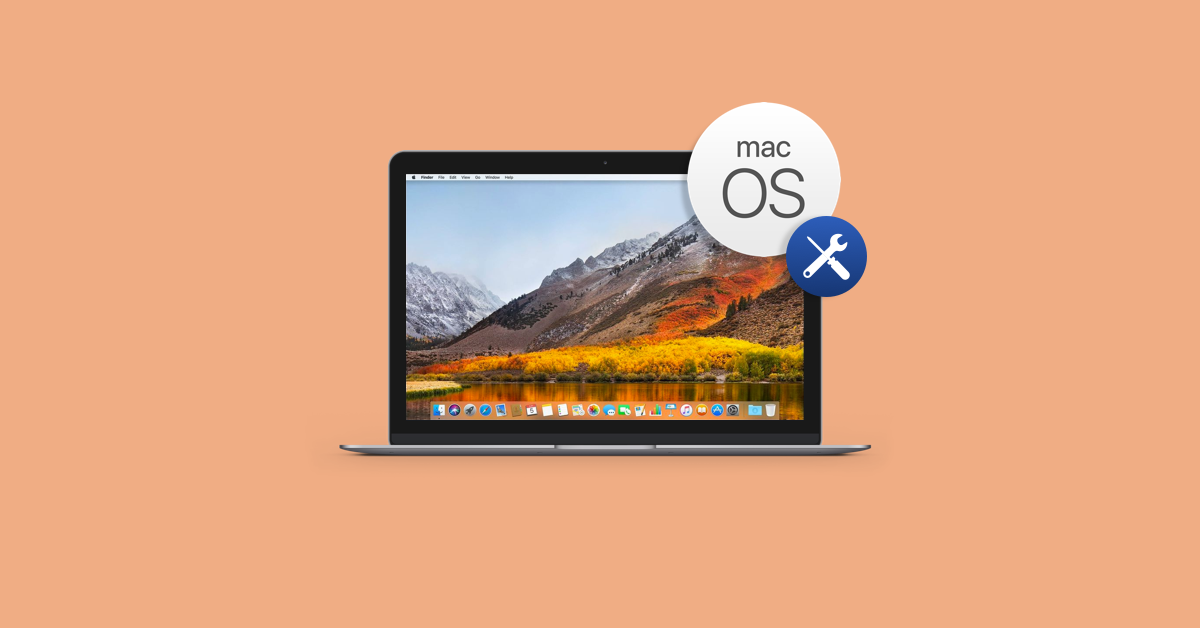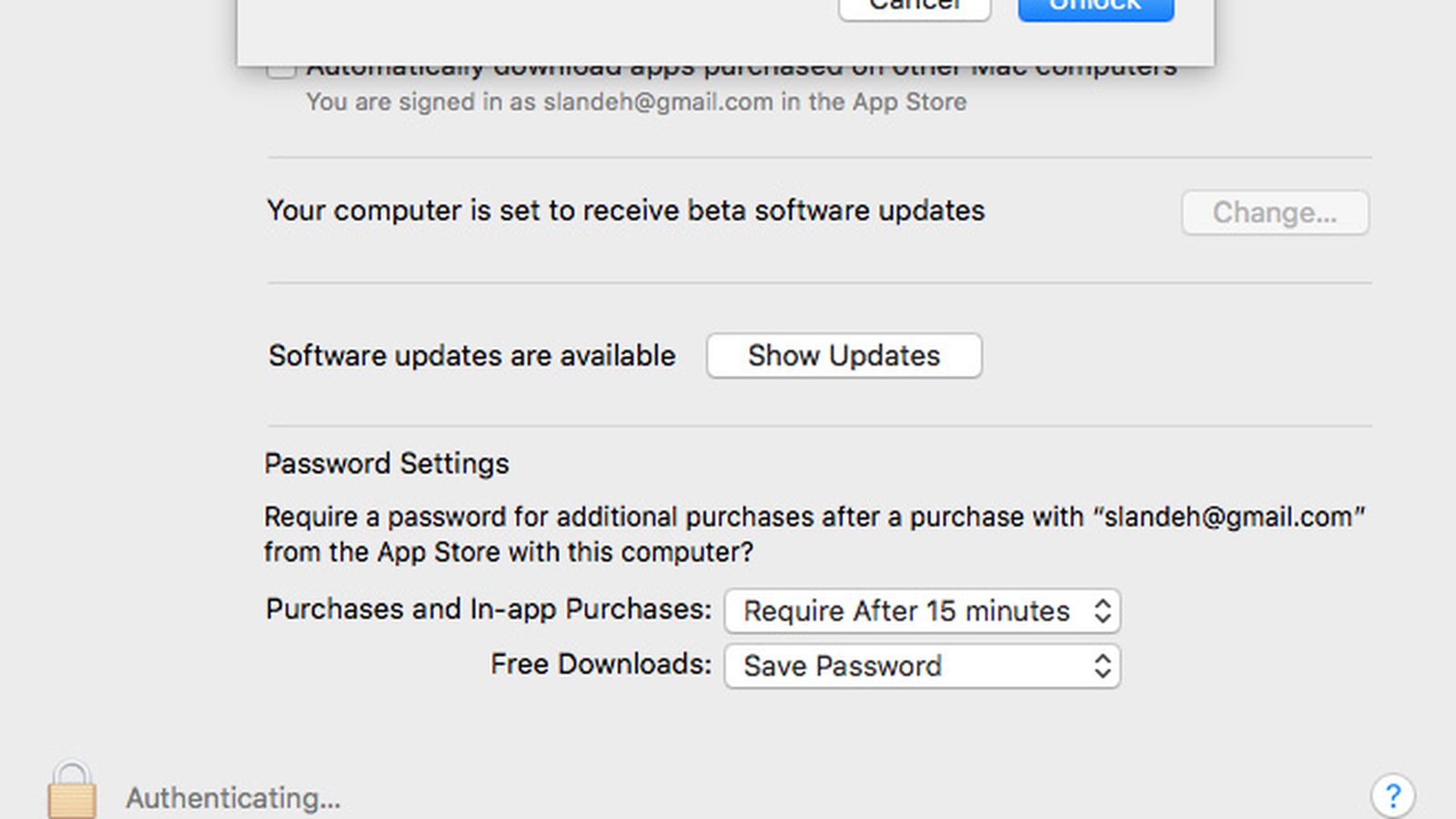

- Cannot change mac password after upgrade sierra mac os#
- Cannot change mac password after upgrade sierra install#
- Cannot change mac password after upgrade sierra update#
- Cannot change mac password after upgrade sierra Patch#
If the default does indeed set that at “prohibit-password”, then there shouldn’t be any concern (crosses fingers, hopes for the best) because that part of the config would – well, at least should – block the connection from the start before anything else gets invoked. I need to go find someone to test this exact thing. I’m reading that back in 10.9, this was set to “Yes” for some reason, but how about later versions? I can’t test this myself, since I don’t have access to a Mac. It does appear to do so in Ubuntu ( ), but Mac OS? I don’t know.
Cannot change mac password after upgrade sierra mac os#
Upon reading, I’m hoping that sshd_config files in Mac OS should be defaulting to #PermitRootLogin prohibit-password configuration. This entry was posted on Tuesday 28th of November 2017 05:34 PM But for now, if you’re using macOS High Sierra, take a moment to change the root password now, please.
Cannot change mac password after upgrade sierra update#
There may be other ways that this vulnerability can be exploited: I’ll update this post as more information becomes available. Likewise, multiple sources have now confirmed that disabling the root account does not fix the problem because the exploit actually causes the account to be re-enabled. However, sources who have tested the bug say it can be exploited remotely if a High Sierra user a) has not changed the root password yet and b) has enabled “screen sharing” on their Mac. Many people responding to that tweet said they were relieved to learn that this extremely serious oversight by Apple does not appear to be exploitable remotely. Open up a Terminal (in the Spotlight search box just type “terminal”) and type “sudo passwd root”. How does one change the root password? It’s simple enough. Type “root” with no password, and simply try that several times until the system relents and lets you in. Are you aware of it Sierra users should be able to replicate the exploit by accessing System Preferences, then Users & Groups, and then click the lock to make changes. Anyone can login as “root” with empty password after clicking on login button several times.
Cannot change mac password after upgrade sierra install#
Click Updates in the App Store toolbar, then use the Update buttons to download and install any updates listed.įor better or worse, this glaring vulnerability was first disclosed today on Twitter by Turkish software developer Lemi Orhan Ergin, who unleashed his findings onto the Internet with a tweet to we noticed a *HUGE* security issue at MacOS High Sierra. The update is available via the App Store app on your Mac.
Cannot change mac password after upgrade sierra Patch#
ET: Apple has released a patch for this flaw.

Fortunately, there is a simple fix for this until Apple patches this inexplicable bug: Change the root account’s password now. * It's been noted elsewhere that homebrew breaks, for example, on upgrade to Sierra.A newly-discovered flaw in macOS High Sierra - Apple’s latest iteration of its operating system - allows anyone with local (and, apparently in some cases, remote) access to the machine to log in as the all-powerful “root” user without supplying a password. If that works to start R, just add that location to your PATHs list: export PATH=$PATH:/usr/local/bin If any of the locations in the RStudio quote are missing, you can see if that's where R is located by trying to specify that location. Make sure these locations are in your $PATH list: If RStudio is finding R OK, then you must have it at one of these locations. Will fall back to using whatever version of R is located at If RStudio is not able to locate R by scanning these locations, it The R executable in the following sequence: In order to support these variations, RStudio scans for Installed to either /usr/local/bin/R (Homebrew) or /opt/local/bin/R Package manager like MacPorts or Homebrew, then the R executable is However, if R is installed directly from source or via a When R is installed from CRAN on OS X the R executable is installed at R from source (including MacPorts and Homebrew) This is from the RStudio support pages**: This is just a guess, but I'm thinking this is probably an issue with your PATH settings, which might have been overwritten when you upgraded*.


 0 kommentar(er)
0 kommentar(er)
